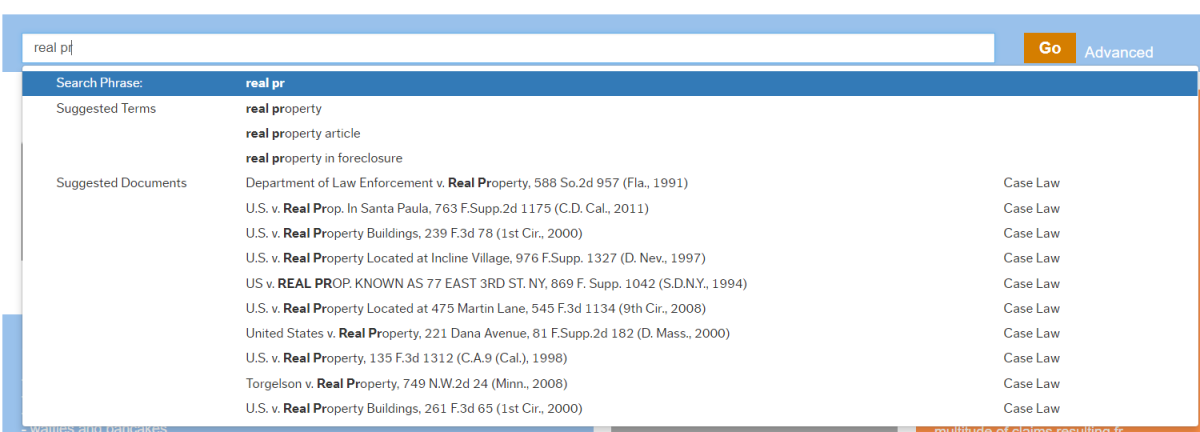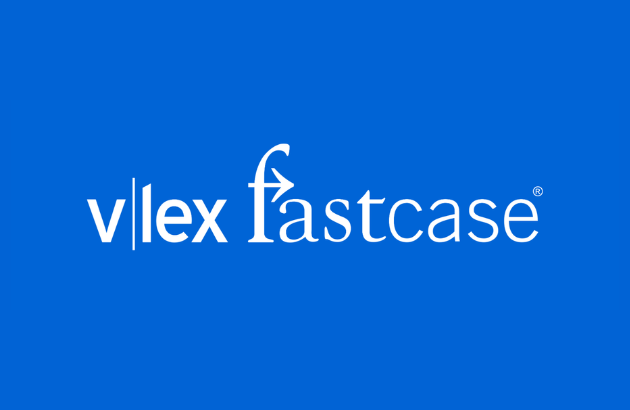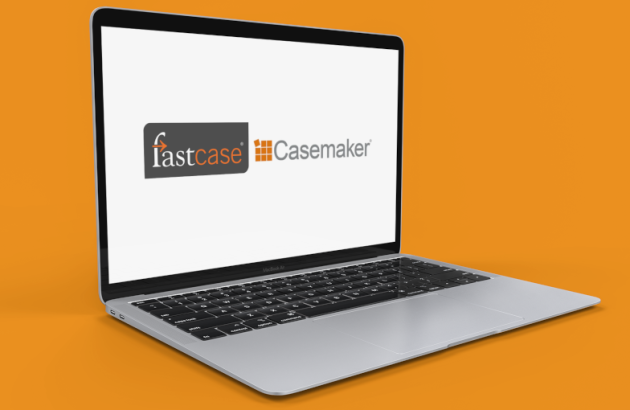Blog
Introducing Type-Ahead Search on Fastcase 7
This article is republished with permission by Fastcase. View the original article here.
One of Fastcase’s newest features (exclusive to Fastcase 7) is subtle enough that you may not even notice it. But once you do, you will not be able to imagine conducting your legal research without it.
New type-ahead search in Fastcase is a simple, yet powerful feature that most Google users are likely already familiar with. As you type into the search box a search phrase or the name of a desired document, such as a case or statute, Fastcase will predictively autocomplete your query suggesting the most likely search phrases. You can click on the displayed suggestions to complete the search phrase, or to navigate directly to the document indicated. The suggested terms will be ranked using Fastcase’s powerful ranking algorithms – so it works like magic to understand what you’re searching for.
Type-ahead is accessible from any Fastcase 7 search box – on the start page, the advanced search page, or the persistent search box at the top of any page. Suggestions appear instantly and are updated in real-time as you type. Instead of showing suggestions from all of our databases, Fastcase recognizes what kind of documents are being searched for and shows only the appropriate search suggestions.
Type-ahead will change the way you do research. Once-tedious case or statutory lookups can be accomplished in the blink of an eye. Type-ahead is invaluable when you only have partial information on a case. For example, it can quickly locate a case for you when you input only the name of a party. If you are searching for Marbury v. Madison, the correct case appears by the time you type “marb”.

Type-ahead works for both parties, as well – type-ahead instantly suggests Marbury v. Madison again after typing only “madi”.

Type-ahead makes citation lookups a breeze. Start typing the citation in and you will get instant suggestions. The type-ahead algorithm ignores punctuation and capitalization, so a missing period or small typos in how a given reporter is cited will not derail your search.

Type-ahead works for statutes as well. Type the citation to the statute, and be sure to write “Sec.” in place of the “§” symbol. Again, no punctuation is needed. Type-ahead will suggest the correct code regardless of whether punctuation and capitalization are correct.

Fastcase users are already familiar with its relevance sorting system, which seamlessly places the most important cases at the top of search results. Type-ahead uses a similar algorithm to show the most important cases first. Document results in type-ahead are sorted by the number of times a document has been viewed and cited, so the most important materials will appear first. This means that the more people use Fastcase, the smarter type-ahead search will become.
Finally, type-ahead can suggest legal terms to search for. If you are looking to start a conceptual search, it is great for getting an overview of case law in a specific field. You can always use a legal term search as a starting point and narrow down your results by refining your terms.




